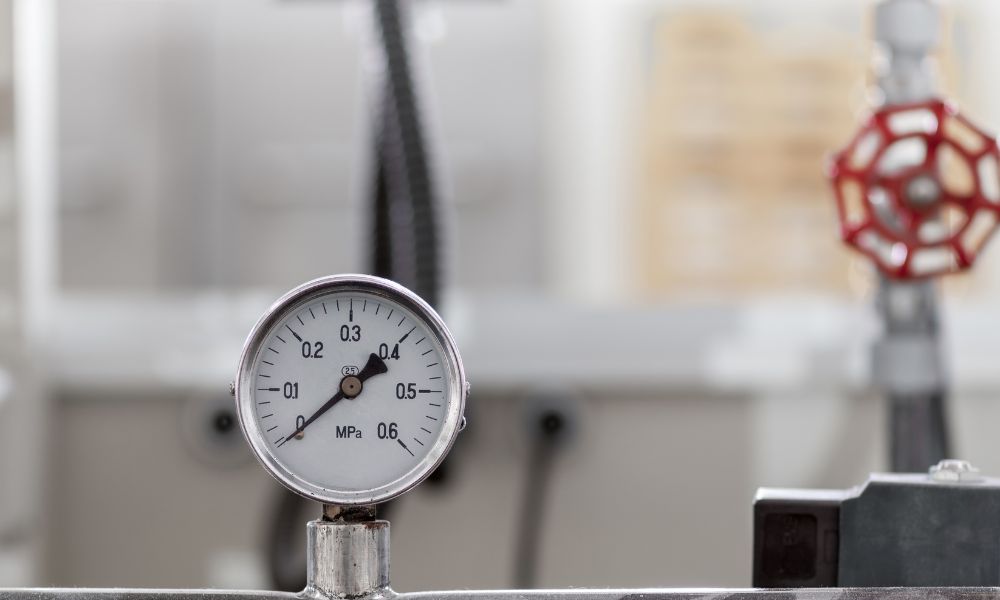Machine shops produce high-quality products that the automotive, construction, and aerospace industries could not function without. These establishments must run efficiently since so many people rely on them for materials. Luckily, workers don’t have to complete every job on their own. This article will answer the question: What are the different devices in a machine shop? The machinery listed is more valuable than people realize.
Deburring Machines
Every company who orders from a metal shop should receive products that are clean and free from damage. A piece of sheet metal that contains scrapes or dents could be catastrophic to the rest of the building process. Workers use deburring machines to prevent this from happening. A deburring machine gets rid of any strange markings or dents on a piece of sheet metal so that it’s safe to use. This device makes shop employees’ lives so much easier; it would take forever to remove any markings by hand. Thus, every shop should have one of these tools to improve operations.
Press Brakes
Shop employees spend their days angling and cutting through sheet metal. These tasks would be nearly impossible without a functioning press brake. Press brakes allow workers to angle sheet metal and implement curves as they set fit. Sometimes curves are necessary so that a piece of sheet metal fits in well with another. The devices save shop workers so much time. However, operators must keep safety in mind while using these tools. Press brakes are heavy-duty machinery, so workers in the shop should wear PPE and make sure their workspace is clean before using this machinery.
Laser Cutters
Laser cutters are among the many devices found in a machine shop. It’s incredibly challenging to cut through sheet metal with manual tools. Therefore, shop owners should invest in laser cutters to increase productivity and create exact incisions. Laser cutters use heat to cut through thick material efficiently. These devices produce high-quality cuts, as well. Clients want the angles on their sheet metal to be sharp and precise, and these devices, if used properly, can help metal shops to meet these expectations.






